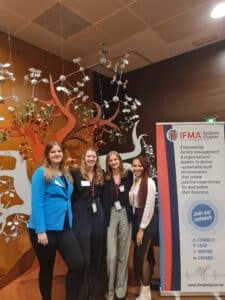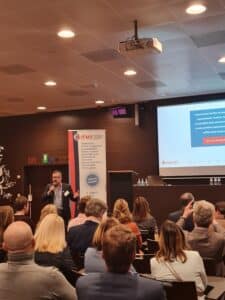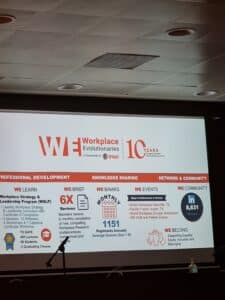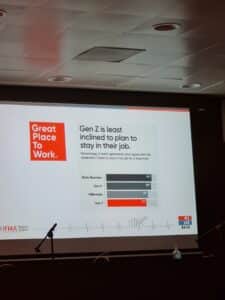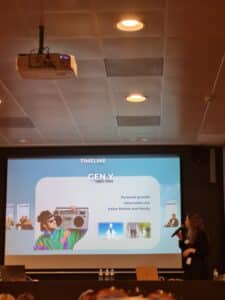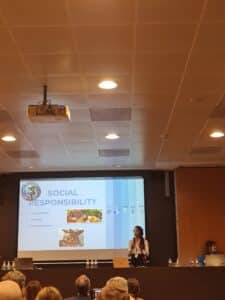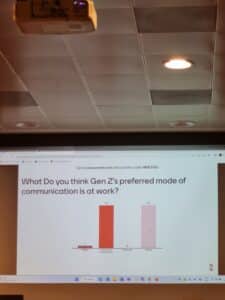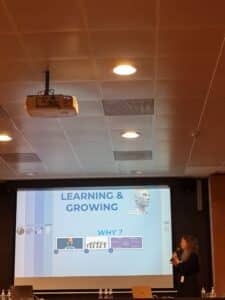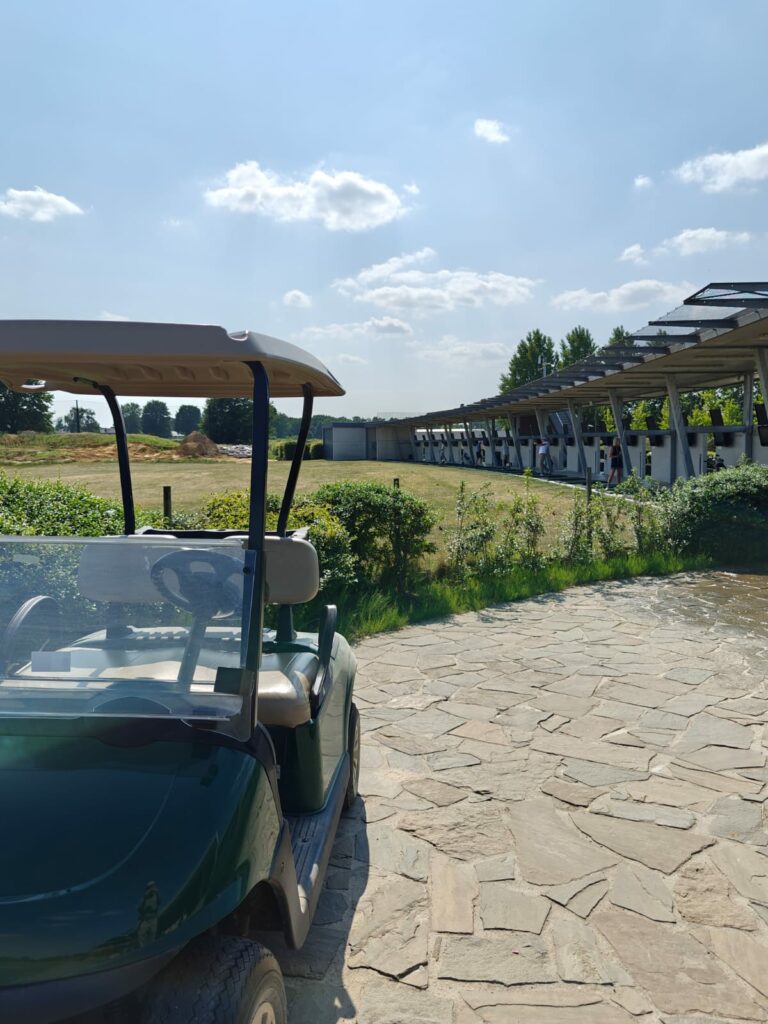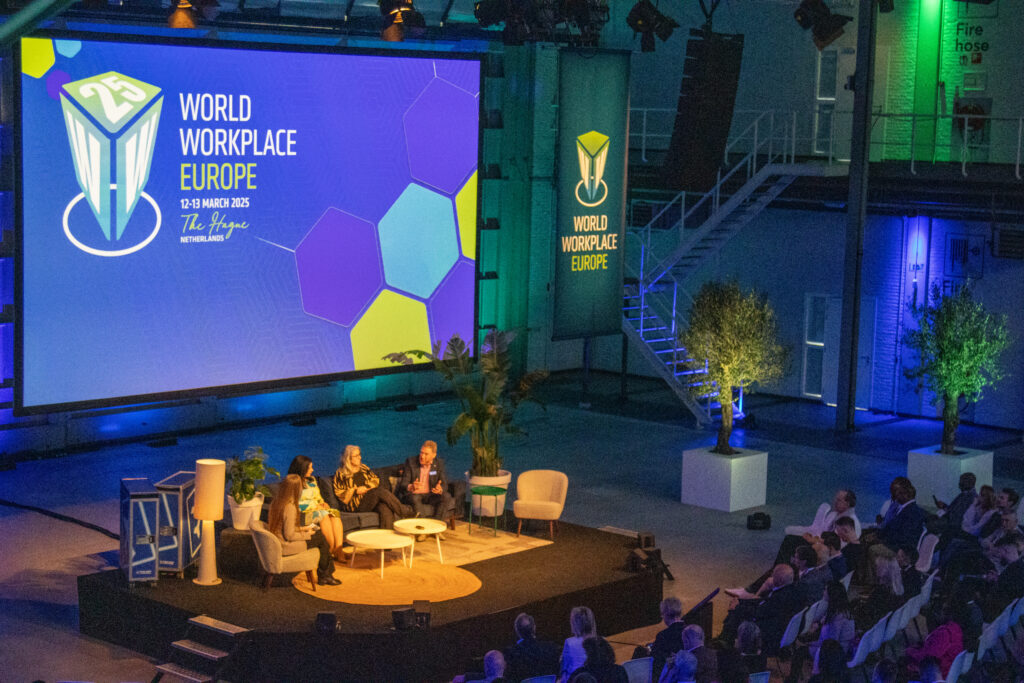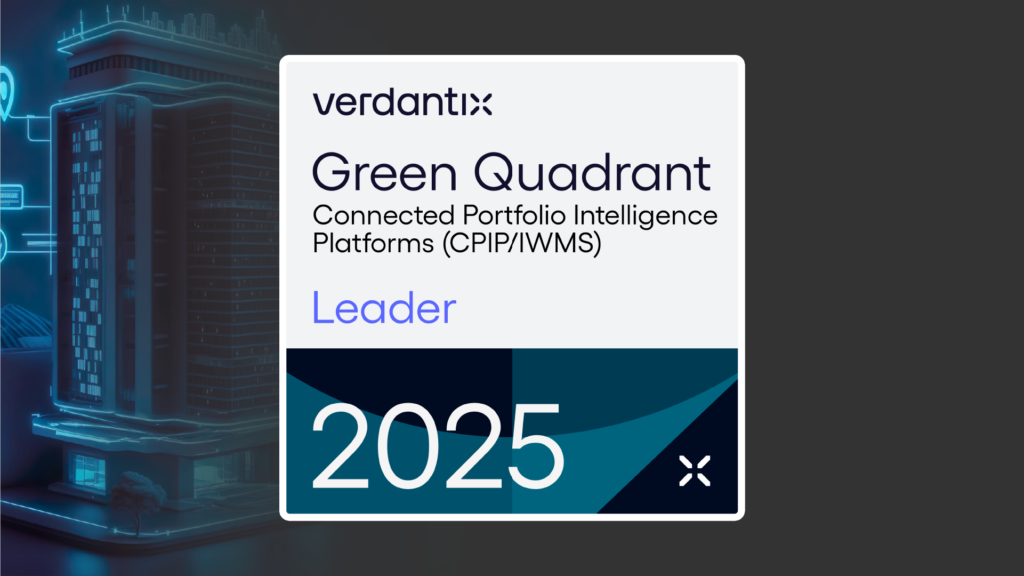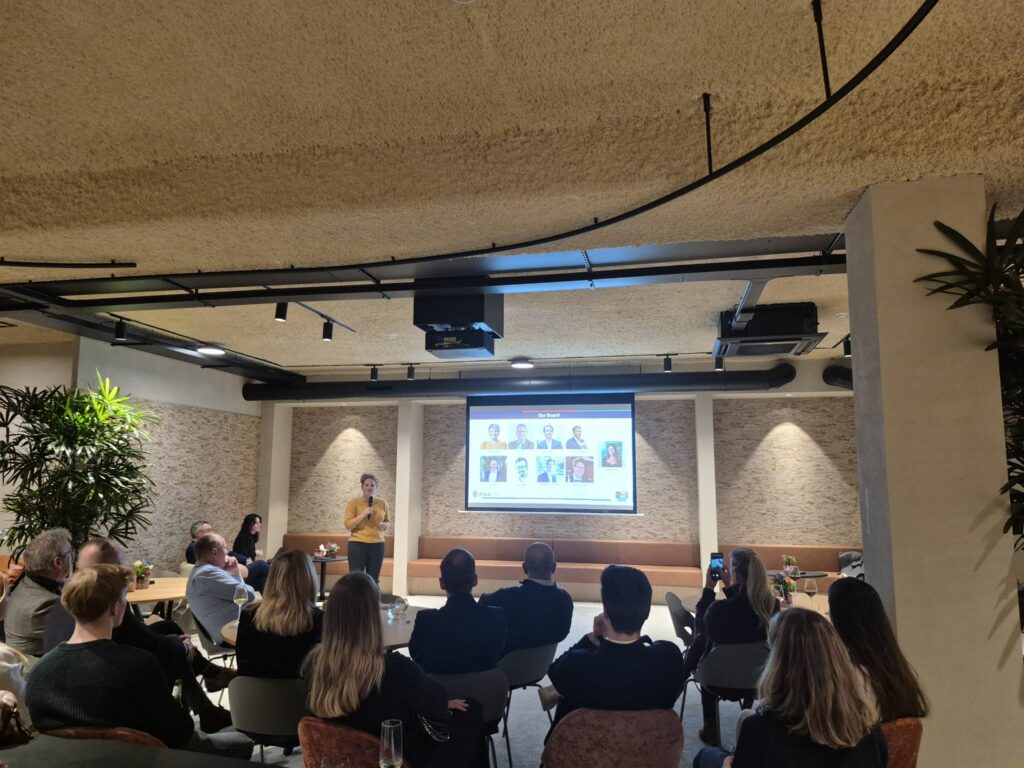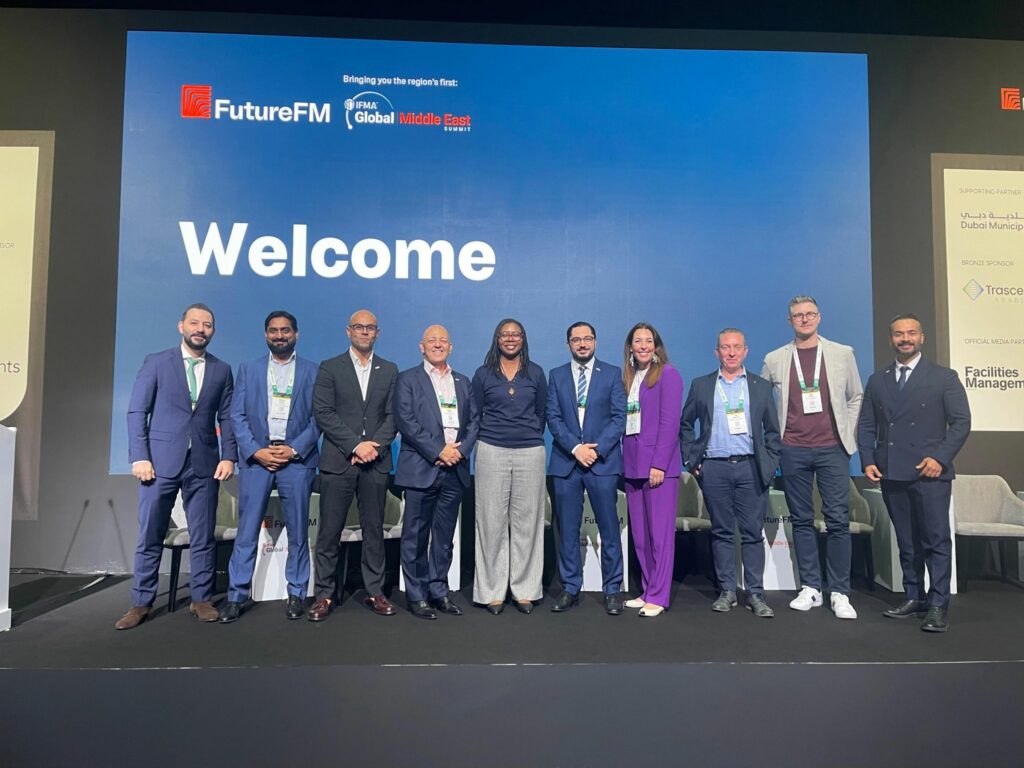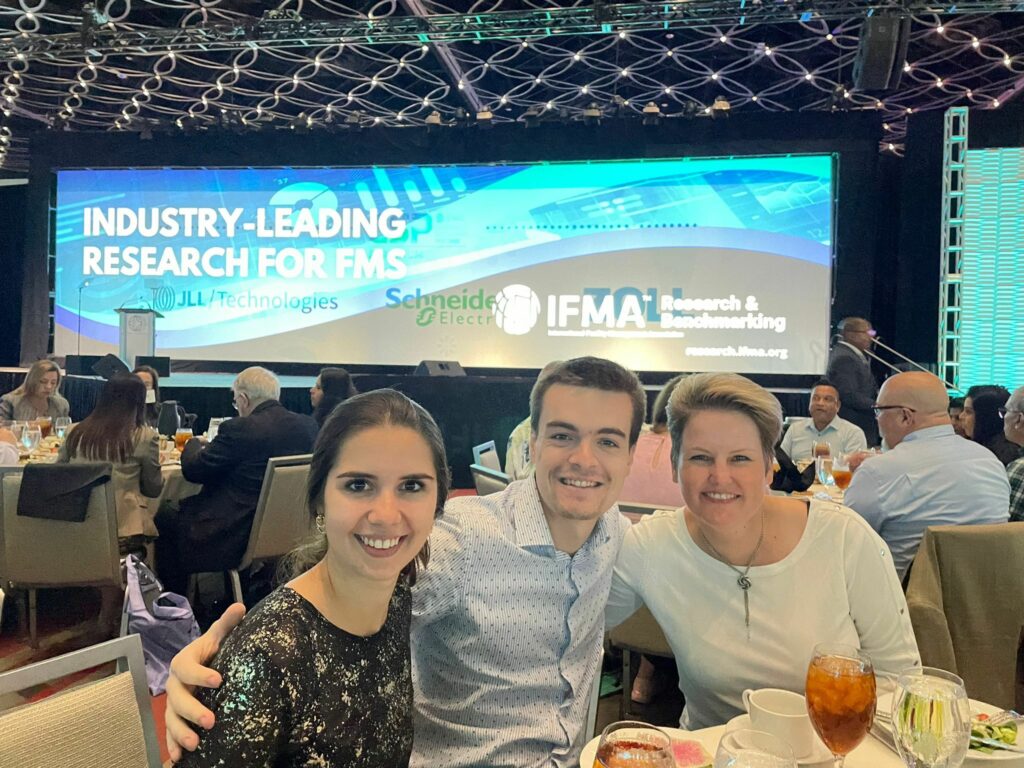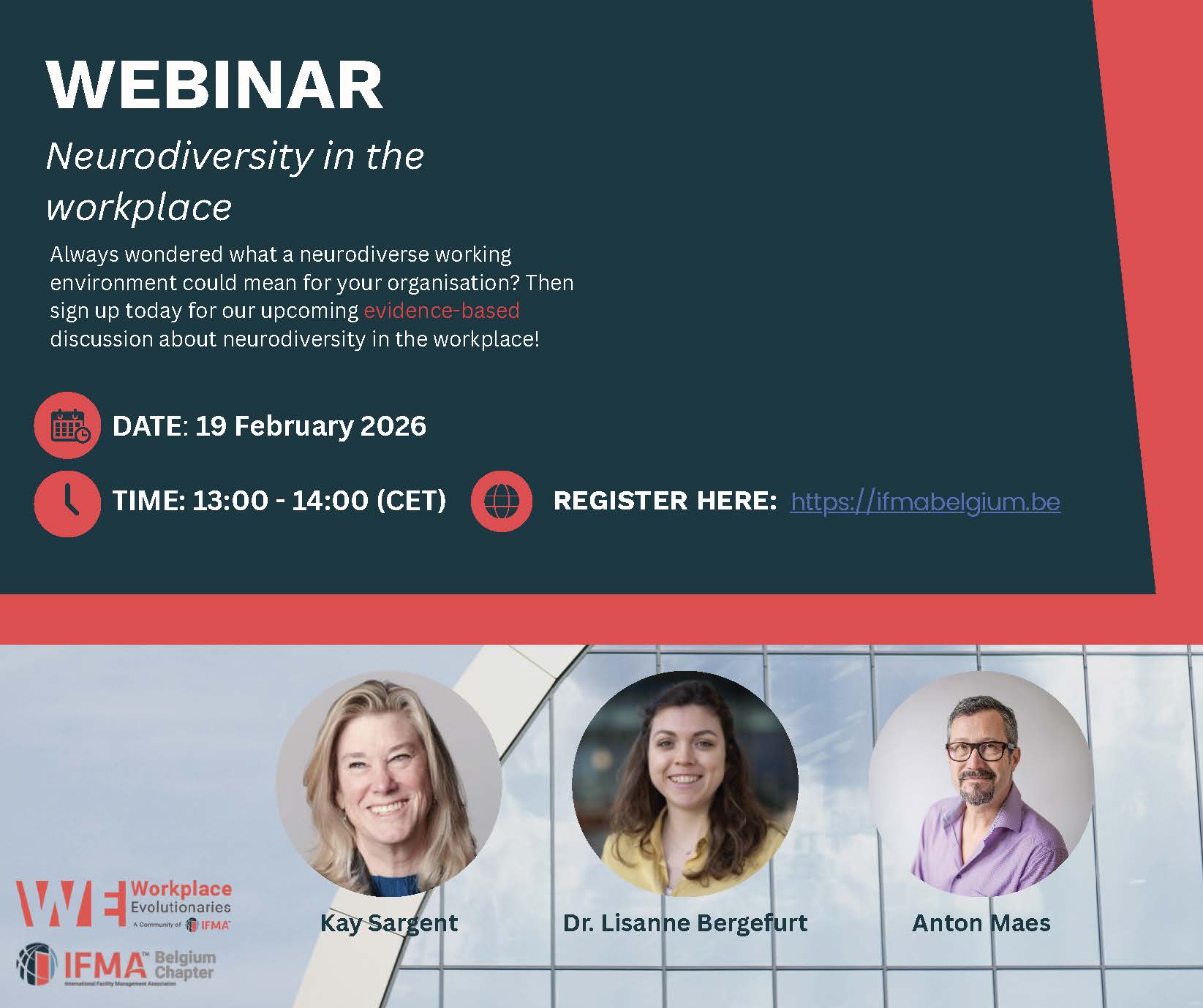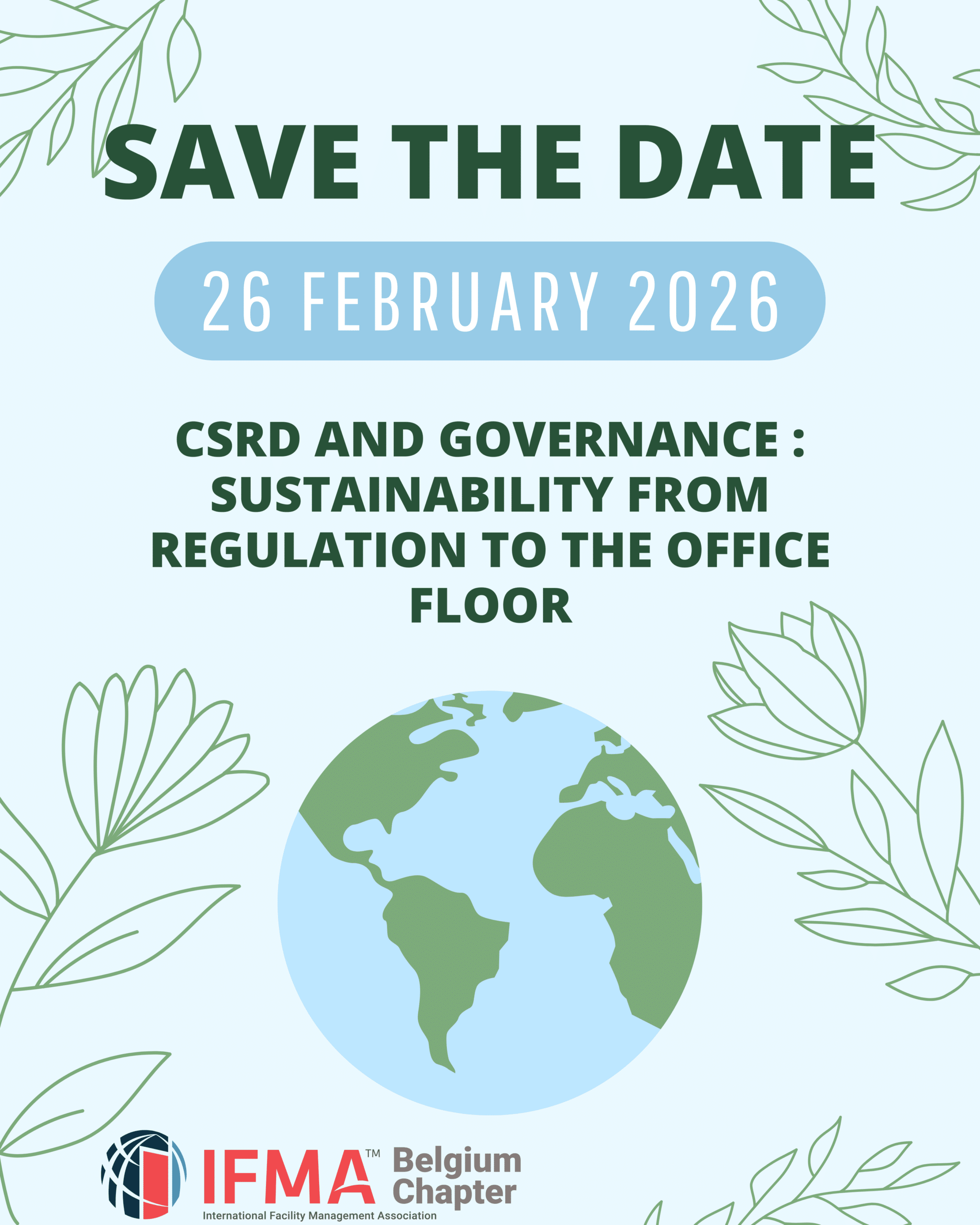Anton Maes, Workplace Strategist & Change Manager and Board Member IFMA Belgium Chapter, opened the evening with a look back at past work. In summary, over the past decades we have increasingly automated routine tasks, so that today they are mainly performed by computers or robots (production). Non-routine tasks are reserved for humans.
The different successive generations:
- Baby boomers: born between 1940 and 1960, during a period of economic growth, with a lot of competition in the labour market.
- Generation X: 1960 to 1980, a period characterised by double-earners, economic instability, critical thinkers and the drive for independent living.
- Generation Y: 1980 to 1995 (also named millennials), a period of personal growth – the ‘Me’ generation – but also the value of family and friends gaining importance.
- Generation Z: 1995 to 2010
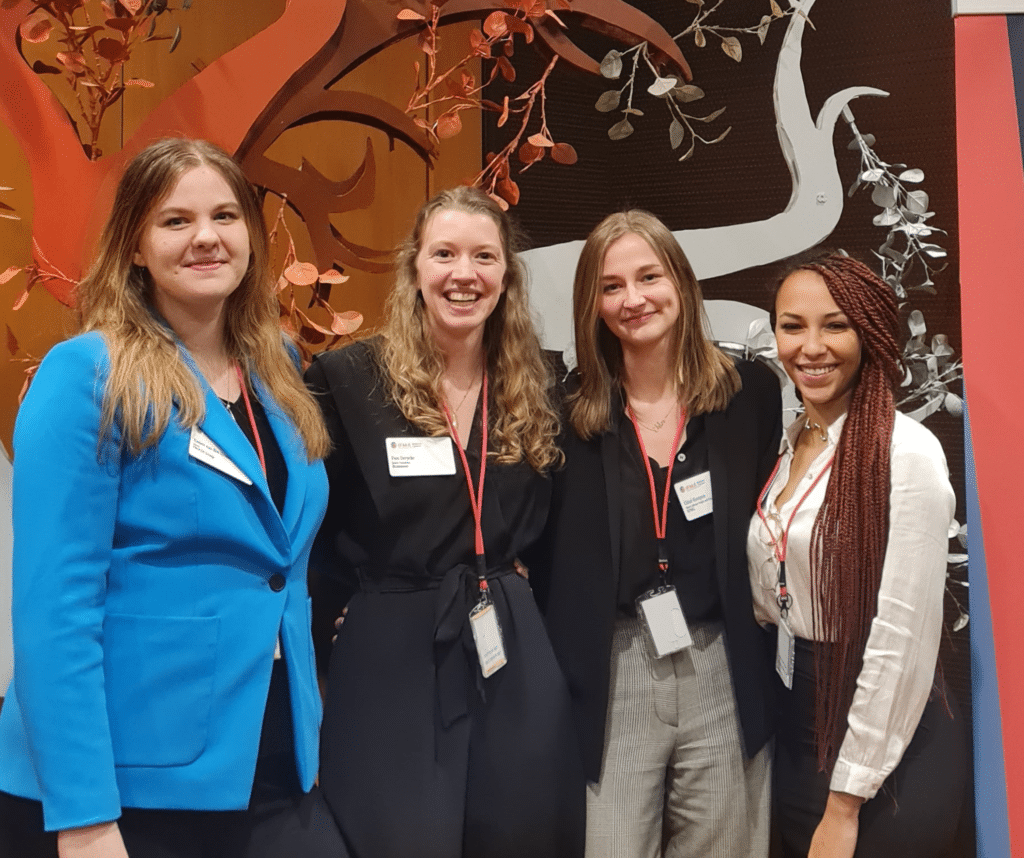
Generation Z introduces itself
To better understand Generation Z, four female students were invited to introduce their generation:
- Esmee van den Heuvel (NL) intern at Procos – 2nd year undergraduate FM course in Breda
- Fien Deryckere, business psychology student, intern at Brainmove
- Chloé Kumpen, Intern Advisor People & Change at KPMG, Master student at KU Leuven
- Alexandra Van Den Berghe, marketing intern at Brainmove
The environment and world of Generation Z is one in which technology is booming. They have many diverse contacts due to the rapid adaptation of technology. Climate change and climate awareness are high on their agenda. The Covid-19 pandemic also led to heightened health concerns. The share of Generation Z in the workplace in 2025 is estimated to be around 30%.
Generation Z is characterised by:
- War for talent
- Own USPs (unique selling proposition)
- Own priorities
- Studying through ‘talent learning management system’ (LMS)
- Applying via Bamboo HR (HR software as a service with an applicant tracking system)
- Generation Z sees their own lives as their main occupation; the job is (work) is an occupation on the fringes of their own lives.
Values of Generation Z
- Social responsibility, sustainability and diversity
- Adopt a very critical attitude towards their potential employer as future employees
- Do not want a new flashy office every year
- Meaningfulness = doing meaningful work, making a difference
The working environment
Generation Z wants flexibility in the broadest sense of the word. Hybrid working goes without saying, but the working environment should above all be what we as Generation Z like. They are very individualistic!
- Collaboration is important
- Being inspired and inspiring others
- Spontaneous contacts
- Spontaneous conversations
- ‘One size fits one’: ourselves
Communication
- Generation Z is the first digital native generation
- They are fused with their smartphone
- They prefer not to use the telephone
- Face-to-face contact is desired, but not necessarily physical (video conferencing)
About the author

Eduard Coddé
Journalist FCO Media.
This article is a translation of Eduard's article on Profacility.be. Thanks for sharing.

